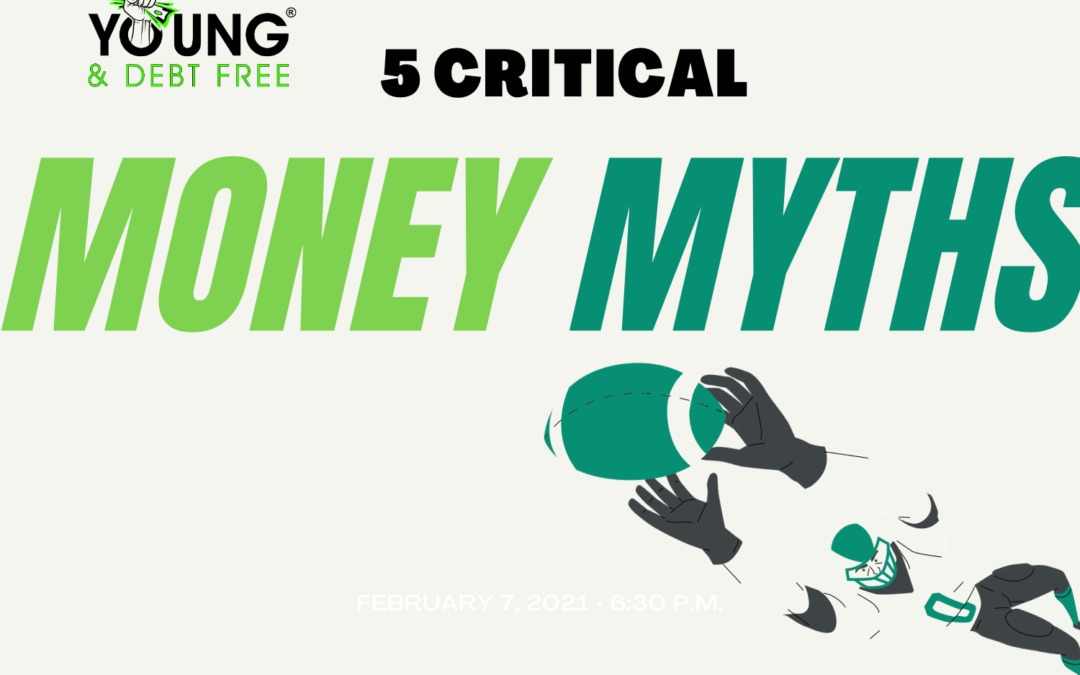- Myth: “Credit cards are free money.”
- Reality: Credit cards are a form of borrowing, not free money. It’s essential to understand that using a credit card means you’re borrowing money that you need to pay back. Failing to make timely payments can lead to high-interest charges and impact your credit score.
- Myth: “The more money you make, the richer you are.”
- Reality: While a higher income can provide more financial opportunities, true wealth is determined by how effectively you manage and save your money. It’s important to budget, save, and invest wisely, regardless of your income level.
- Myth: “Investing is only for rich people.”
- Reality: Investing is a powerful tool for building wealth, and it’s not reserved for the wealthy. Even small amounts can grow significantly over time with compound interest. Start early, be consistent, and consider seeking guidance to make informed investment decisions.
- Myth: “I don’t need to save for retirement until I’m older.”
- Reality: The earlier you start saving for retirement, the more time your money has to grow. Compound interest works best over an extended period, so even small contributions during your teenage years can have a significant impact on your retirement savings.
- Myth: “Budgeting is restrictive and unnecessary.”
- Reality: Budgeting is a crucial skill for financial success. It doesn’t mean you can’t spend money on things you enjoy; instead, it helps you prioritize and allocate your money wisely. Understanding where your money goes empowers you to make informed financial decisions.
Teaching teenagers about these money myths and the corresponding realities can provide them with a solid foundation for making informed financial choices as they enter adulthood. Encouraging financial literacy early on can contribute to a lifetime of responsible money management.

